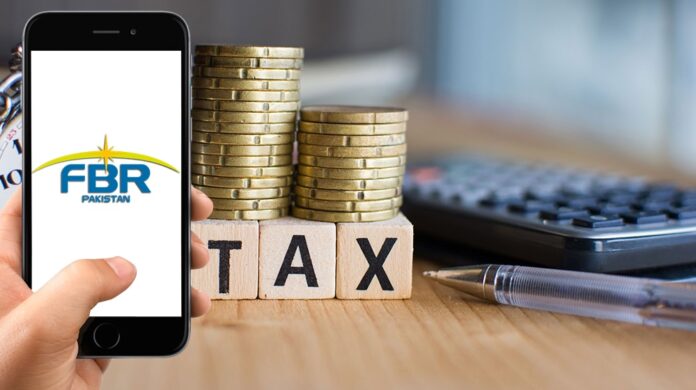The Federal Board of Revenue (FBR) has intensified its efforts to enforce tax compliance by blocking over 11,000 mobile phone SIMs of non-tax filers, a move confirmed by FBR spokesperson Bakhtiar Mohammad.
According to Mohammad, a total of 11,252 SIMs were blocked up until May 22, as part of the enforcement actions outlined in the Income Tax General Order.
This aggressive push for tax compliance has been met with legal challenges. The Islamabad High Court (IHC) recently issued clarifications regarding its stay order. Initially, it was believed that the order prevented the blocking of SIMs, but the IHC Chief Justice Aamer Farooq later specified that the stay was only intended to protect the petitioners, specifically the telecom operator Zong, and not to halt the overall SIM blocking initiative.
Despite resistance from telecom providers and a temporary delay in the execution of these blocks, the FBR released a list on April 30 identifying 506,671 individuals who had not filed their tax returns for 2023.
These individuals faced immediate SIM blocking as a penalty, although telecom companies contested the decision, arguing it was hastily made and would negatively affect customers.
The Pakistan Telecommunication Authority (PTA) on May 4 declared that it would not comply with the FBR’s directive, stating that such enforcement was outside its legal jurisdiction.
This stance was supported by telecom companies which, in a collective letter to the Ministry of IT, expressed their obligation to provide uninterrupted service to their customers, barring specific circumstances outlined in the Telecom Act.
However, by May 10, after several key meetings between the FBR, PTA, and telecom operators, an agreement was reached to begin manually blocking SIMs of non-filers in small batches, resolving a week-long standoff. This decision marked a significant step in the FBR’s ongoing drive to expand Pakistan’s tax base.
























